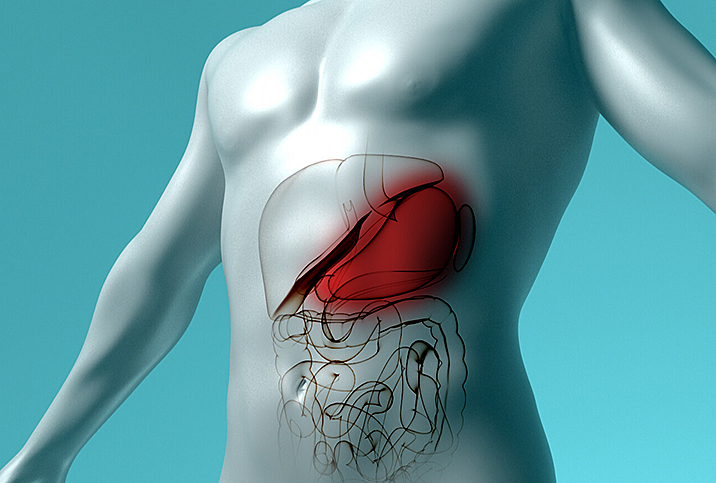Keep IBS From Messing With Your Sex Life

Irritable bowel syndrome, commonly known as IBS, is a chronic disorder that targets the large intestine. IBS can cause significant pain before and after bowel movements and decrease the quality of life for people who have it.
Making lifestyle adjustments and learning about IBS pain management can help people with this condition improve their self-image and regain their autonomy, which can lead to restored enjoyment of sex and quality of life.
What is IBS?
IBS can occur in males, but females are more likely to develop IBS, though experts aren't exactly sure why. Several factors can make anyone more likely to develop IBS:
- Early childhood trauma in the form of stressful events or abuse
- Preexisting anxiety disorders
- Undiagnosed food allergies that damage the large intestine over time
- Weak or poorly timed intestinal contractions caused by nerve defects between the stomach and the nervous system
IBS usually manifests in the form of irregular bowel movements that can be accompanied by abdominal pain, rectal bleeding, anemia and changes in stool color and consistency.
How IBS affects sex drive
IBS doesn't just affect the intestines; it can have an impact on sex drive, too. A 2017 study reported that patients with IBS also suffered a greater incidence of depression and anxiety, and it's no secret that those two conditions can lead to a lower sex drive. Learning how to combat IBS's side effects, both physical and mental, can help sufferers enjoy physical intimacy and sex.
Managing IBS
For females with IBS, sex can feel awkward or even painful when they're struggling with symptoms. One paper from the American Journal of Lifestyle Medicine reports that women's sexual health is a topic that includes multiple spaces of being, meaning that achieving sexual health and satisfaction may not be possible through medication or positive mood changes alone. The same report recommends that women take into consideration their full lifestyle when developing an approach to improving intimacy.
For example, people with IBS should practice communicating with their partners about their physical discomfort when it disrupts their enjoyment of sex. Not doing so can lead to avoidance, which can stress or harm their relationships. Alternative forms of intimacy—such as oral sex, toys, roleplaying or mutual masturbation—can also be beneficial. In addition to experimenting with new forms of intimacy, IBS sufferers can improve their symptoms and the effects they have on their sex lives by:
- Avoiding foods, such as dairy products and caffeinated beverages, that might trigger IBS
- Consulting their doctor about potential medications and treatment plans
- Using props such as pillows or finding positions that take pressure off the abdomen during sex
- Seeing a sex therapist or psychologist if IBS triggers depression or anxiety
Life and sex with IBS
A chronic condition like IBS can create significant challenges in a person's sex life, and life in general. For people suffering both IBS and a low sex drive, it's of utmost importance to take proactive measures to stay healthy and happy. Learning to manage IBS pain and thinking preemptively about ways to enjoy sex comfortably can make physical intimacy less of a challenge.

















